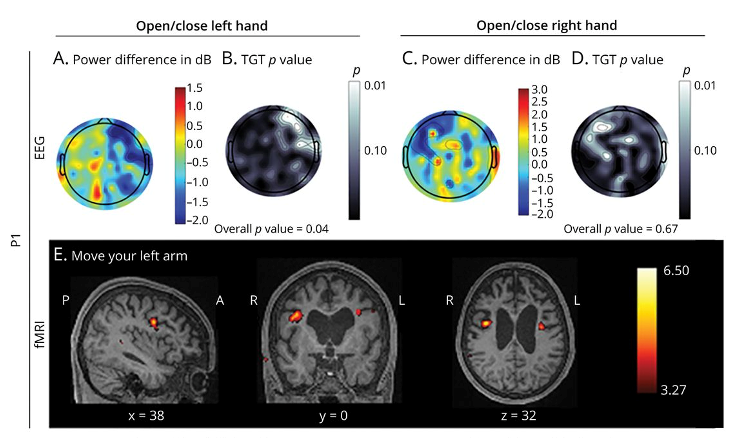Acquired brain injury is a leading cause of death and disability among children and adolescents, and cognitive impairment is the most persistent and distressing sequela. For children with co-occurring impairment of oromotor, oculomotor, gross and fine motor function, assessment of emerging and residual cognitive function is extremely challenging; current measures of cognition in this pediatric population rely on tasks inextricably tied to the co-emergence of motor function. Unsurprisingly, there are currently no clinical practice guidelines to guide diagnosis, and prognostic models are insensitive. The Shah lab has identified biomarkers of cognitive function despite the heterogeneity of injury superimposed on a developing brain. The lab is currently working to validate these biomarkers in a multi-center study.


